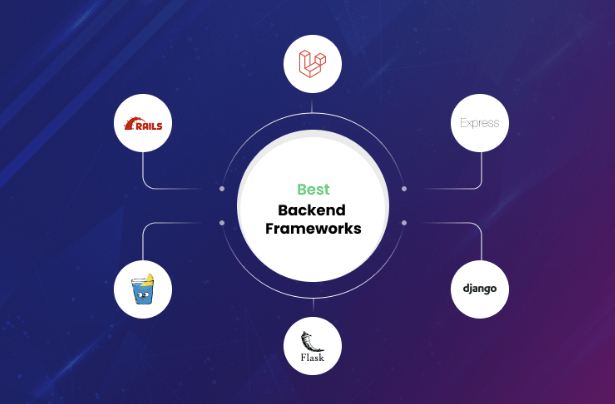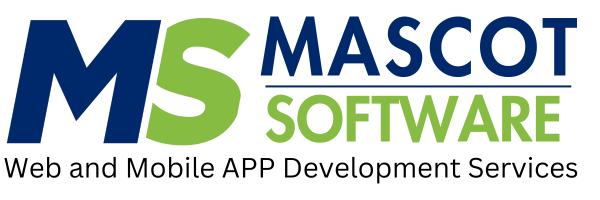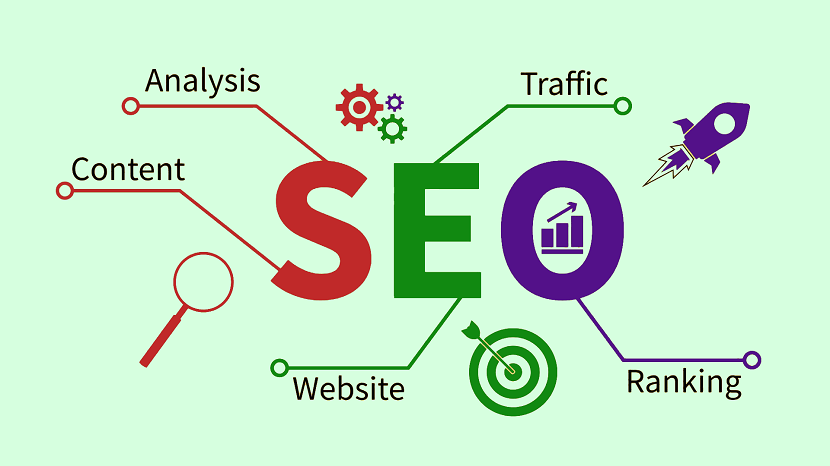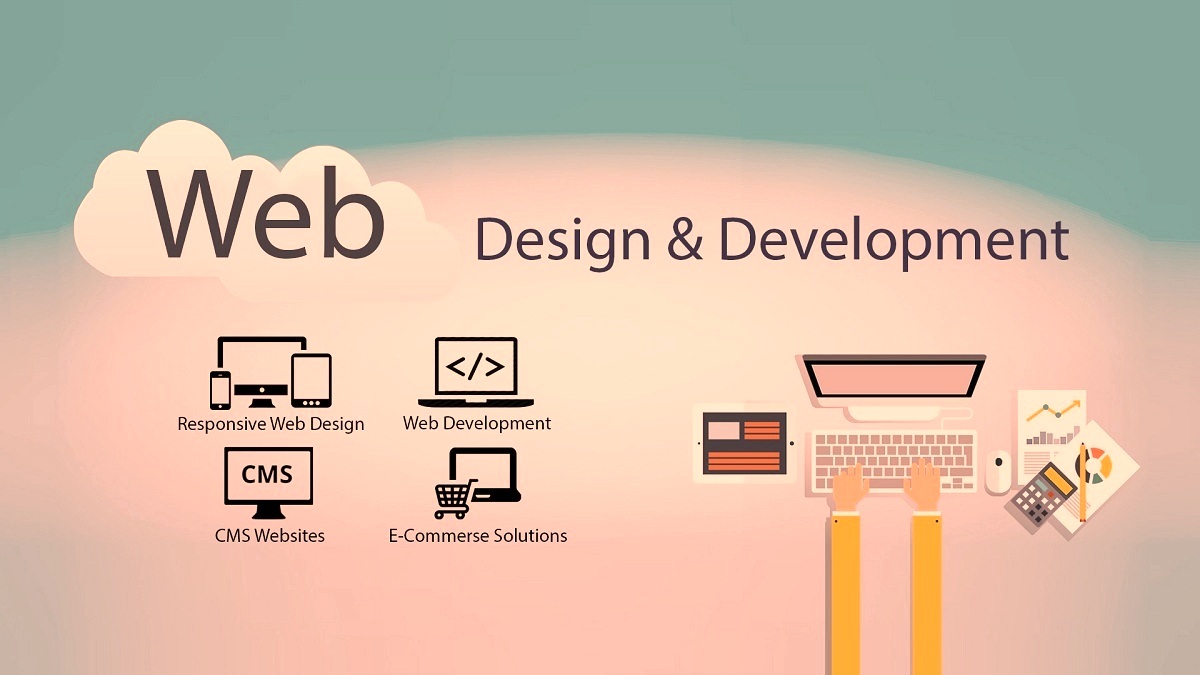
As we advance through 2025, the landscape of backend development continues to evolve, with frameworks adapting to meet the demands of modern applications. Here's a detailed look at the leading backend frameworks this year:
1. Django (Python)
Django remains a top choice for developers seeking a robust, scalable, and secure framework. Its "batteries-included" philosophy provides a comprehensive set of tools, including an ORM, authentication, and an admin panel, enabling rapid development.
-
Best Suited For: Content management systems, e-commerce platforms, and social networking sites.
-
Strengths: High security, scalability, and a large supportive community.
2. Express.js (Node.js)
Express.js continues to be a lightweight and flexible framework for building fast and scalable server-side applications. Its minimalistic approach allows developers to have full control over their application's structure.
-
Best Suited For: Real-time applications, RESTful APIs, and microservices.
-
Strengths: Non-blocking I/O, vast npm ecosystem, and asynchronous event-driven architecture.
3. Spring Boot (Java)
Spring Boot simplifies the development of production-ready applications with minimal setup. It is widely adopted in enterprise environments for its scalability and comprehensive infrastructure support.
-
Best Suited For: Enterprise applications, microservices, and cloud-native applications.
-
Strengths: Comprehensive security features, extensive documentation, and strong community support.
4. Laravel (PHP)
Laravel offers an elegant syntax and a rich set of features, including an ORM, routing, and authentication. It emphasizes developer experience and is ideal for building modern web applications.
-
Best Suited For: Content management systems, e-commerce platforms, and RESTful APIs.
-
Strengths: Eloquent ORM, Blade templating engine, and built-in authentication.
5. Ruby on Rails (Ruby)
Ruby on Rails promotes convention over configuration, enabling developers to build applications quickly and with fewer lines of code. Its emphasis on developer happiness has made it a favorite among startups.
-
Best Suited For: Startups, MVPs, and content-driven applications.
-
Strengths: Rapid development, rich ecosystem, and strong community.
6. ASP.NET Core (C#)
ASP.NET Core is a high-performance, cross-platform framework for building modern, cloud-based applications. It is particularly well-suited for Windows-based environments and integrates seamlessly with Azure services.
-
Best Suited For: Enterprise applications, APIs, and cloud-based services.
-
Strengths: High performance, cross-platform capabilities, and strong integration with Microsoft tools.
7. NestJS (TypeScript/Node.js)
NestJS leverages TypeScript and Node.js to provide a scalable and maintainable architecture. It incorporates elements from Angular, making it a great choice for developers familiar with the frontend framework.
-
Best Suited For: Enterprise applications, microservices, and GraphQL APIs.
-
Strengths: Modular architecture, TypeScript support, and extensive documentation.
8. FastAPI (Python)
FastAPI is a modern, fast (high-performance) web framework for building APIs with Python 3.7+ based on standard Python type hints. It is designed to be easy to use and to create APIs quickly.
-
Best Suited For: APIs, machine learning applications, and asynchronous applications.
-
Strengths: Fast performance, automatic validation, and interactive documentation.
9. Phoenix (Elixir)
Phoenix is a web development framework written in Elixir, which implements the server-side Model View Controller (MVC) pattern. It is known for its scalability and real-time capabilities.
-
Best Suited For: Real-time applications, chat applications, and high-concurrency systems.
-
Strengths: Real-time communication, fault tolerance, and scalability.
10. Koa.js (Node.js)
Koa.js is a lightweight and expressive framework for building web applications and APIs. It is designed by the creators of Express and aims to be a smaller, more expressive, and more robust foundation for web applications and APIs.
-
Best Suited For: APIs, microservices, and web applications.
-
Strengths: Minimalistic, modular, and async/await support.
Conclusion
The choice of a backend framework in 2025 hinges on the specific needs of your project, team expertise, and long-term scalability considerations. Whether you're building a high-performance API, a content-rich application, or an enterprise solution, selecting the right framework is crucial for the success of your project.




.jpg)
